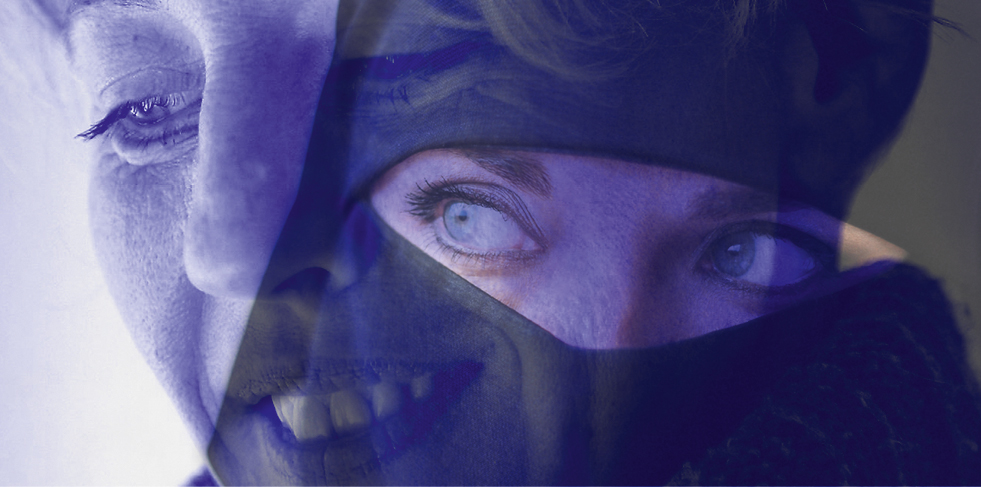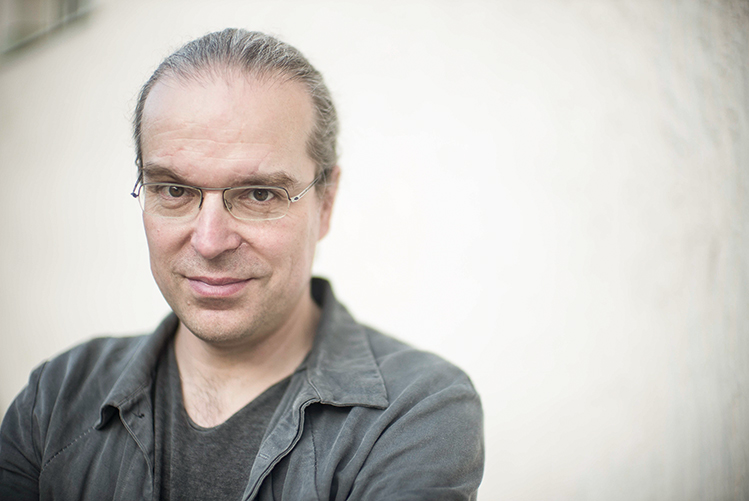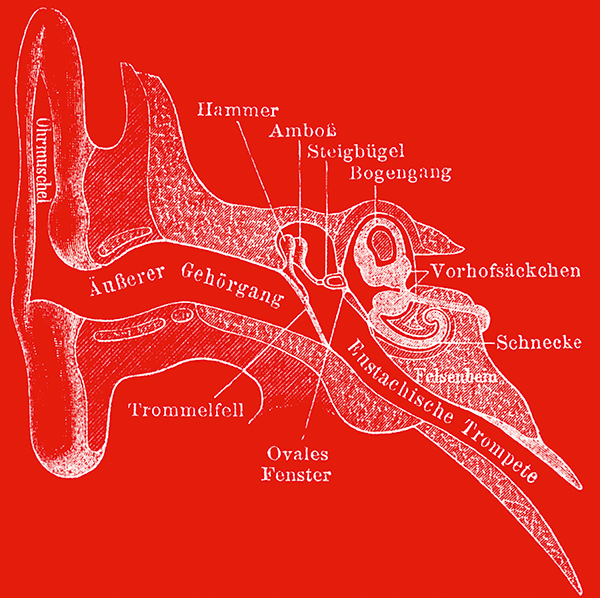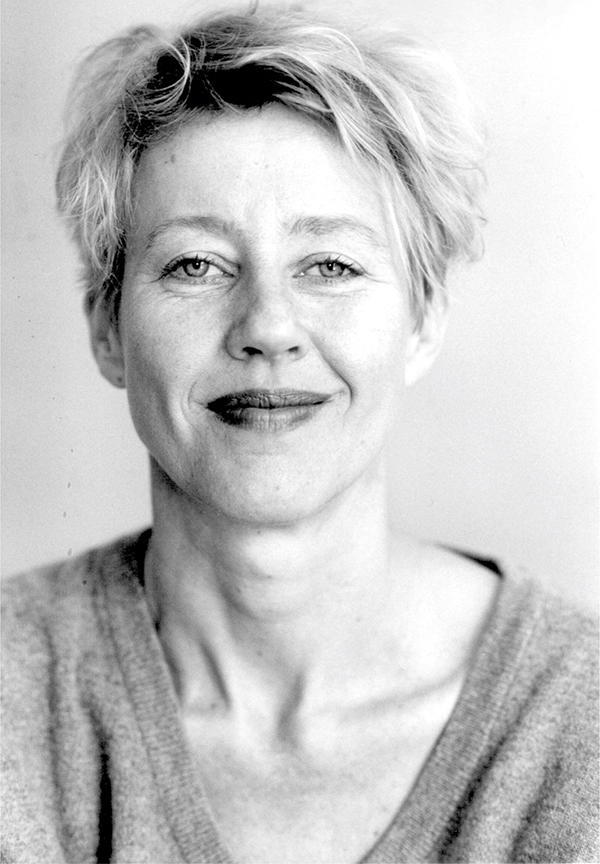Wien Modern may be nowhere near as old as the mdw, but the 30-year jubilee of Austria’s most important contemporary music festival is reason enough to invite students and instructors to mount three central projects. And this year’s festival theme—“Images in the Mind”—is as challenging as it is multifaceted.

200 years of the mdw and 30 years of Wien Modern: for Bernhard Günther, this represented a good opportunity to put some serious thought into working with up-and-coming talents in contemporary music. Swiss native Günther, previously head dramaturge of the Luxembourg Philharmonic, has headed this renowned festival since last year. The festival was founded in 1988 at the initiative of Claudio Abbado, and the mdw was involved right from the start thanks to an accompanying symposium conceived back then by Hartmut Krones. Günther, for his part, worked for mica (music information center Austria) between 1994 and 2004, where his activities included editing the comprehensive Lexikon zeitgenössischer Musik aus Österreich [Lexicon of Contemporary Music from Austria], so he knows the local scene like no other.

In terms of supporting young musicians in their contemporary music-related work and their connection with the festival, he noted in an interview with mdw Magazine that there is “quite a bit of room for improvement: in the 1980s and 1990s, Wien Modern was a young festival whose audience included lots of young students. These people have remained true to Wien Modern over the years and aged along with the festival. Over the course of time, interest among students declined somewhat, but now it’s making a clear comeback.” The past few years have also seen a renewed interest in contemporary music at the university in terms of its course offerings— which is now reflected the quality of student performances: “I think it’s safe to say,” continues Günther, “that the present crop of young performers represents an extreme improvement in terms of the level they’re at. It’s totally different from how it was back in the 1980s. Now, student recitals include complex contemporary works played at a level that would have been unimaginable 30 years ago.”
This is why, says Günther, it’s been a priority for him to actively involve students in the festival and let them assume “responsibility for important, shining moments.“ Along with the new mdw fringe programme instituted last year, which features academic lectures and discussions as a successor project to the symposium, this year’s jubilee edition features a total of three cooperative artistic projects: 16 November will see the Webern Kammerphilharmonie (conducted by Simeon Pironkoff) realise Gérard Grisey’s monumental series of orchestral works Les Espaces Acoustiques, which explores its sonic spaces step by step: from a solo viola (Rafal Zalech), which plays the first piece alone, to progressively larger ensemble sizes and eventually to a large orchestra with four soloists.

It will be in a prominent context indeed—the festival’s gala concluding concert at the ORF RadioKulturhaus on 1 December— that the specially formed mdw Orchester Wien Modern, led by Jean-Bernard Matter, will perform a number of new pieces written for a joint composing competition of Wien Modern and the mdw: a six-member jury has selected works by Victor Báez, Constant Goddard, Shin Kim, Marko Markuš, Mathias Johannes Schmidhammer, and Elias Spricht (Razumeiko Illia), all of them students or recent graduates of the Department of Composition, Electroacoustics, and Tonmeister Education, who were charged with writing pieces that refer to the festival’s motto “Images in the Mind”.
Fully in keeping with this theme is also the Claudio Abbado Concert on 4 November, which is to conjure up the spirit of Wien Modern’s founding father and will feature the Webern Symphonie Orchester, led by Ilan Volkov, performing together with the Orchestre du Conservatoire national supérieur de musique et de danse de Paris. Among other things, this programme will include the world première of the piece Das Imaginäre nach Lacan by Iris ter Schiphorst (music), professor of media composition and applied music at the mdw, and Helga Utz (text, after poems from the Arab world, especially from the pre- and early Islamic periods).
The commentary on this work contains the following passage: “This piece operates as a foil for our perception; in its ‘experimental design’, soloist Salome Kammer embodies a woman in two roles: that of an Arab and that of a European. She switches back and forth between these roles over the course of the piece. Via sometimes literal repetitions of musical material—‘embodied’ in different roles—our perception loses its focus. Will the recipients interpret the same musical statement differently depending on whether they perceive it as coming from a familiar figure or a strange one? And if so, how? What gives rise to the images in our minds? Don’t we always see as if through a veil, constructing our own individual views?”

Bernhard Günther, who characterises Iris ter Schiphorst as using a “pictorial orchestral language”, says that the piece “goes beyond the framework of an ordinary concert setting. This work is programmed alongside the Concerto for Accordion and Orchestra by Georges Aperghis and Le Passage du Styx d’après Patinir by Hugues Dufourt, two masterpieces of orchestral literature that remain entirely within the format of a classical concert. Das Imaginäre nach Lacan by Iris ter Schiphorst, on the other hand, is an unconventional piece that one would never expect in an orchestral concert and that’s certainly capable of generating very strong ‘images in one’s mind’.”
On the general considerations underlying this year’s festival motto, Günther says the following: “I’m convinced that music is quite generally capable of generating strong images, but that contemporary music does so in a different and very rich way. This puts the lie to the clichéd view that what we’re dealing with here is dry material. And the mission of a festival like Wien Modern must be to do broad programming and to show how colourfully and surprisingly diverse contemporary music really is.”
- Tickets at: www.wienmodern.at
- Live streaming of the Claudio Abbado Concert on 4 November, 7.30 pm: http://live.mdw.ac.at

